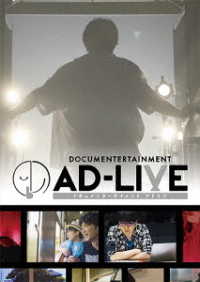- ホーム
- > 洋書
- > 英文書
- > Politics / International Relations
Full Description
Religion has always been an object of philosophical analysis and a platform for political practice. Philosophical thinking is unimaginable without its relation to religion, whether it negates or affirms the latter. Indeed, religion serves as a condition for philosophy. Althusser and Theology intends not so much to fill a gap in Althusser scholarship as to contribute to the contemporary radical left.
Contents
Preface to the English Edition
Chapter One
The 1860s and 1870s: Marxism rejected, and the humus of Marxism
1.1 The democratic antithesis
1.2. The anarchist antithesis
Chapter Two
The Marxism of the 1880s: the characteristics of a transition
2.1. Socialist culture: sociology
2.2. Socialist culture: political economy
Chapter Three
The Marxism of the 1890s: Foundation - and Orthodoxy?
3.1. The 'Partito marxista'
3.2. Between ideology, science, utopia and religio
3.3. 'The anatomy of civil society'
3.4. The end-of-century Marxist corpus
Chapter Four
Historical Materialism
4.1. What philosophy? What philosophy of history?
4.2. Materialism and a 'philosophy for socialism'
Chapter Five
Marxism and Reformism
5.1. Did reformism have theoretical roots? On the question of 'catastrophism'
5.2. Turati, the 'Marxist' and 'reformist'
5.3. The economic theory of the workers' movement
5.4. The articulations of non-Marxist reformism, the returns of history, and again on reformist Marxism
Chapter Six
Marxism and Revolutionary Syndicalism
6.1. Did syndicalism have roots in end-of-the-century 'revisionism'?
6.2. Early definitions of a 'Left'-Marxism
6.3. Enrico Leone's and Arturo Labriola's Marx in the 'high' period of syndicalist theory
6.4. Marxism and elitism in the universe of 'minor' syndicalist intellectuals
6.5. De hominis dignitate. A workers' syndicalist Marxism? La Scintilla in Ferrara and Il Martello in Piombino
References
Index





